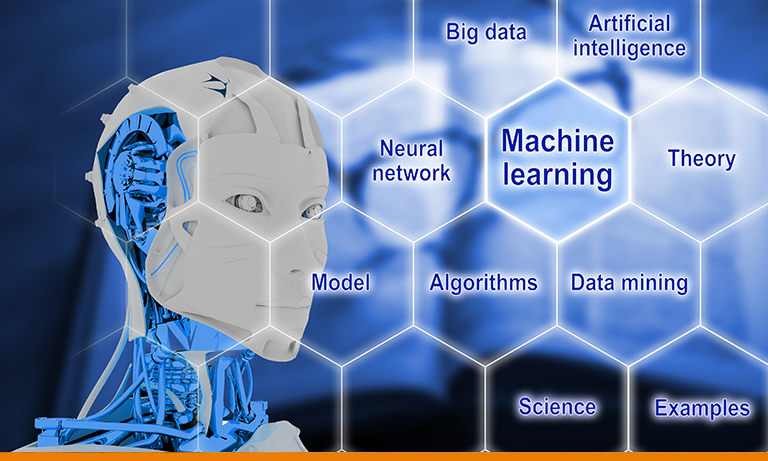Artificial Intelligence and the Cloud
June 22, 2017The Integration of AI and the Cloud Are Mobilizing Enterprises and Colocation Provides the Engine
Artificial intelligence (AI) is gaining traction among forward-thinking enterprises around the world, driving use cases that touch virtually every industry. AI technologies, which include deep learning, machine learning, natural language processing (NLP) and computer vision, are designed to endow computers with human-like faculties such as hearing, seeing and deductive reasoning.
Many of these enterprise use cases involve processing mammoth amounts of data quickly, efficiently and accurately. And given modern business’s love of information, sizeable investments in the development of AI technologies are taking place among both the world’s leading technology companies as well as at the startup level. Tractica forecasts that revenue for enterprise AI applications will increase from $358 million last year to approximately $31 billion by 2025, representing a compound annual growth rate (CAGR) of 64 percent.
Financial services and healthcare organizations as well as telecommunications companies and educational institutions are all using AI to implement predictive analytics programs in applications that improve customer service or help target new business opportunities. For example, a bank using an AI system to track data related to credit card transactions is better able to detect fraud as well as make proactive suggestions based on pattern recognition. In practice, that means that a New York-based business traveler who deplanes in London not only won’t have her credit card mistakenly declined when she goes to purchase a soy latte at the nearest Heathrow kiosk. But metadata will instantaneously send an alert to her mobile phone informing her that she should switch to a credit card that offers frequent flier reward points.
In the healthcare world, one technology company is using machine learning in its mobile application that connects medical providers and patients once they return home from the hospital. The app creates a daily to-do list for a patient with items such as medication reminders and questionnaires about symptoms, which then causes the machine learning engine to customize the app’s content based on responses and care regimens prescribed by the patient’s healthcare provider.
The Symbiotic Relationship Between AI and the Cloud
A lot of recent progress in AI and machine learning has been facilitated by the power of Cloud computing. According to Dr. Fei-Fei Li, the Chief Scientist of AI & Machine Learning at Google Cloud and the Director of Stanford’s AI Lab, “The Cloud is the biggest computing technology man has created, and the marriage between Cloud and AI is the perfect vehicle to democratize it.”
Cloud computing will become increasingly critical to the delivery of AI services because of the vast amounts of data that will need to be analyzed quickly and at scale. Not only major Cloud platforms such as Amazon, Google, IBM and Microsoft have begun to integrate AI technologies, but also smaller Platform-as-a-Service (PaaS) and Software-as-a-Service (SaaS) solutions providers.
In this symbiotic relationship, the Cloud can help deliver the information that AI systems need to learn, while AI can provide information that expands the data available to the Cloud. Some experts believe that in the coming years AI will become critical to improving Cloud services such as computing and storage. Already, Cloud-delivered AI services such as Microsoft’s language comprehension and computer vision programs, and Amazon Web Services’ predictive analytics for data mining and trend forecasting have been adopted by enterprise businesses.
The Role of Colocation and AI
For many years, some experts predict, we’ll also witness colocation data centers and the Cloud continue to work together in concert. Colocation facilities have their place in the infrastructure strategy of many companies, from smaller Cloud service providers to large enterprises facing compliance or specific hardware requirements. As AI continues to integrate with the Cloud, we’ll see more and more need of colocation, especially for enterprises working with multiple cloud providers in locations across the globe.
Telehouse CloudLink is a multi-cloud connectivity exchange that delivers a secure and private connection with predictable and scalable bandwidth between companies’ network and Cloud services. CloudLink offers immediate connectivity to Microsoft Azure, Amazon Web Services (AWS), Google Cloud and other major providers. Leveraging its global backbone, Telehouse provides the connectivity enterprises need to build their public or hybrid cloud solution. Direct, private and secure connections to Cloud providers are fully redundant and provide peace of mind, and Telehouse offers colocation uptime SLA’s of 99.999%.


